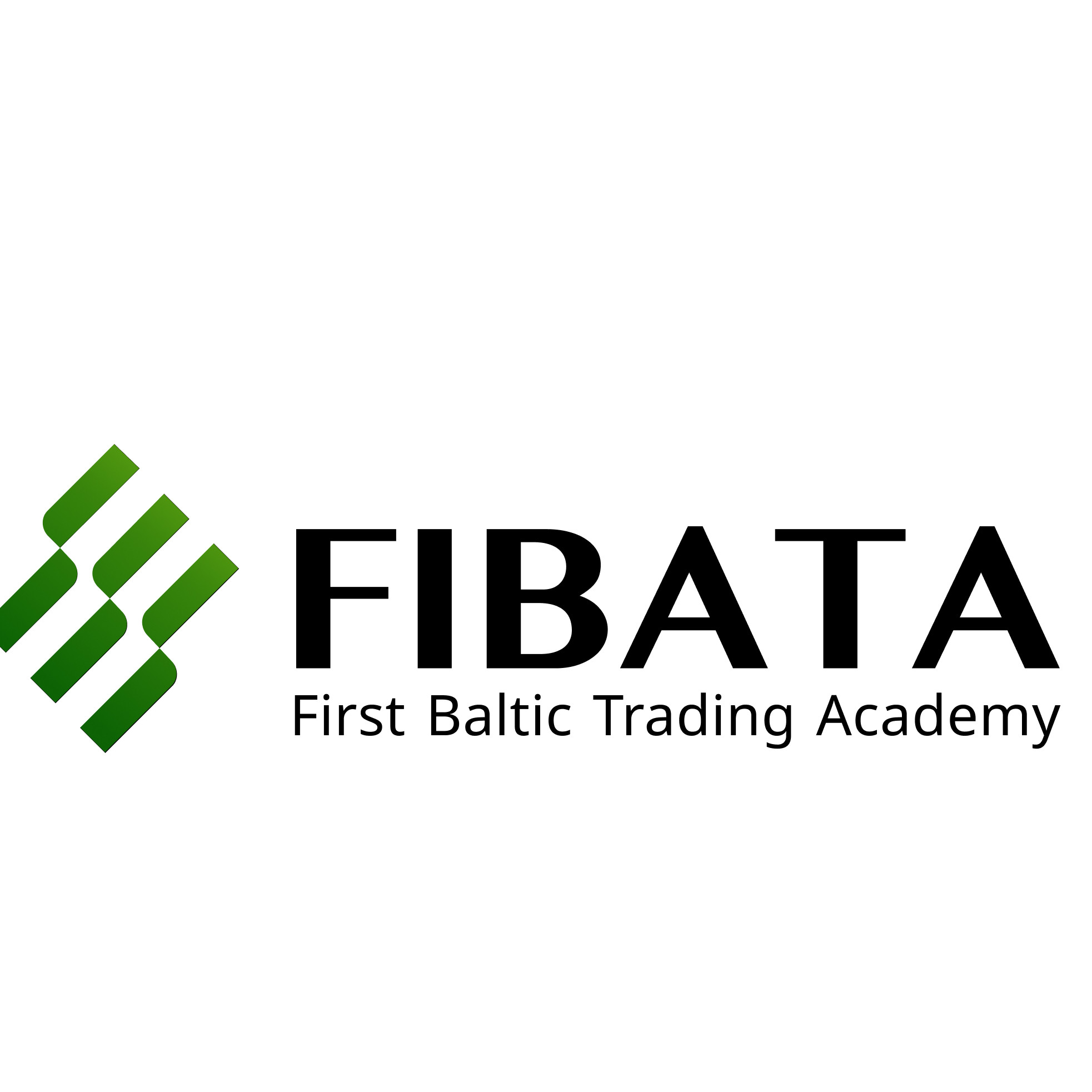Decentralized finance: a comprehensive guide
Decentralized Finance, or DeFi, represents a shift from traditional, centralized financial systems to peer-to-peer finance enabled by decentralized technologies built on the Ethereum blockchain. DeFi leverages smart contracts to create protocols that replicate existing financial services in a more open, interoperable, and transparent way.
DeFi has evolved from simple peer-to-peer transactions to complex financial instruments. This evolution has been marked by the creation of protocols that offer lending, borrowing, trading, investment, and risk management, all without the need for a central authority.
Key Components of DeFi
At the heart of DeFi is blockchain technology, a distributed ledger that maintains a continuously growing list of records, called blocks, which are linked and secured using cryptography. This technology ensures the integrity and chronological order of transactions.
Smart contracts are self-executing contracts with the terms of the agreement directly written into code. They run on the blockchain and automatically enforce and execute the terms of a contract when predetermined conditions are met.
DeFi protocols are the rules that define the operation of DeFi platforms, which are the applications that facilitate financial activities like lending, borrowing, or trading without the need for a central authority or intermediary.
How DeFi is Changing the Financial Landscape
DeFi opens financial services to anyone with an internet connection, regardless of geography or status, democratizing access to financial instruments.
With DeFi, all transactions are recorded on a public blockchain, which provides transparency. Moreover, the security protocols inherent to blockchain technology help to protect against fraud and unauthorized transactions.
The programmable nature of smart contracts allows for the creation of complex financial instruments, while interoperability between DeFi protocols enables a composable financial ecosystem.
Popular DeFi Services and Products
DeFi platforms like MakerDAO and Compound allow users to lend and borrow funds directly from others, earning interest or paying a borrowing fee without the need for a bank.
DEXs such as Uniswap and SushiSwap enable users to trade cryptocurrencies without the need for a centralized exchange, providing more privacy and control over funds.
Yield farming and liquidity mining are practices where users provide liquidity to a DeFi protocol in exchange for interest or tokens, often generating higher returns than traditional savings accounts.
Stablecoins like DAI provide the benefits of cryptocurrency without the volatility, while synthetic assets represent other assets like gold or stocks on the blockchain.
Risks and Challenges in DeFi
As smart contracts are code-based, they can contain vulnerabilities that may be exploited, leading to loss of funds or other issues.
The rapidly evolving DeFi space faces regulatory challenges as authorities work to understand and manage the implications of decentralized financial systems.
DeFi markets can be highly volatile, and liquidity can sometimes be an issue, leading to significant price slippage or the inability to exit positions quickly.
Getting Started with DeFi
Before diving into DeFi, it's crucial to conduct thorough research and understand the risks and opportunities. Educational resources are widely available to help newcomers navigate the DeFi space.
Selecting the right cryptocurrency wallet is essential for interacting with DeFi platforms. Wallets like MetaMask or Trust Wallet allow users to connect to DeFi applications and start engaging with the ecosystem.
Investing in DeFi requires a strategic approach, including risk assessment, diversification, and continuous learning to stay abreast of the rapidly changing landscape.






Comments (0)